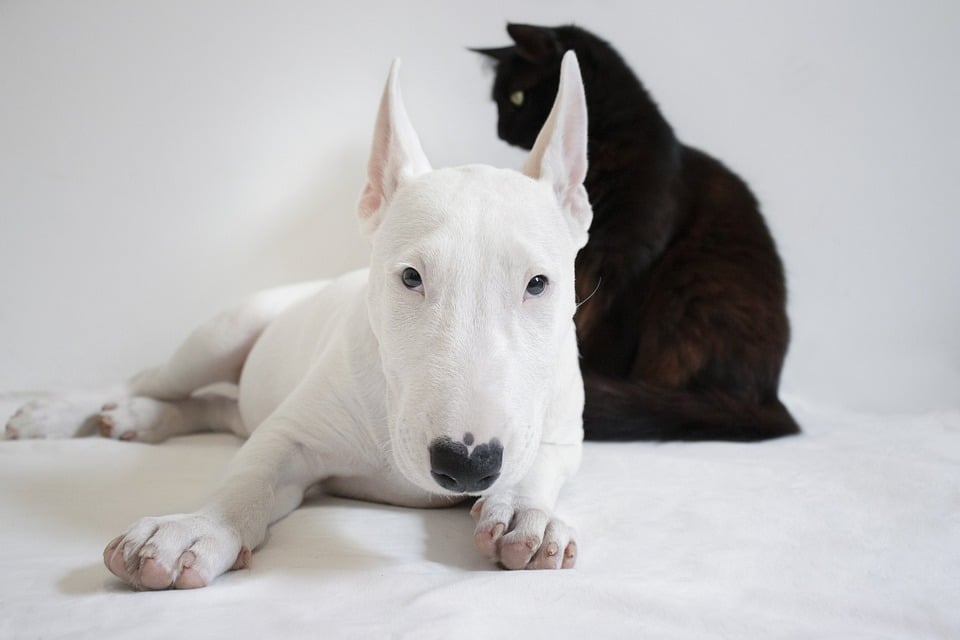From Odor to Illness: Common Symptoms of Onion Poisoning in Dogs
Introduction:
As pet owners, we are constantly looking out for the well-being of our furry companions. We feed them nutritious food, take them for regular walks, and ensure they receive proper veterinary care. However, it is important to be aware of potential dangers lurking in our homes, including foods that may be toxic to our pets. One such food that may seem harmless but can be incredibly dangerous for dogs is onions.
Onions are a staple in many households, used to add flavor to our favorite dishes. However, what may be delicious to us can have dire consequences for our four-legged friends. Onion poisoning is a serious condition that can lead to various health issues in dogs. In this article, we will explore the common symptoms of onion poisoning, discuss its potential dangers, and provide some frequently asked questions to help pet owners ensure their furry companions stay safe.
The Dangers of Onion Poisoning:
Onions, along with other members of the Allium family such as garlic, chives, and leeks, contain a compound called N-propyl disulfide. This compound is toxic to dogs and can cause a condition known as hemolytic anemia. Hemolytic anemia occurs when the dog’s red blood cells are destroyed faster than they can be produced, leading to a decrease in the oxygen-carrying capacity of the blood.
It’s important to note that even small amounts of onions can be harmful to dogs, and the toxicity can be cumulative. This means that repeated ingestion of small amounts of onions over time can eventually lead to poisoning. Additionally, different forms of onion, such as raw, cooked, or even dried onion powder, can all be toxic to dogs.
Common Symptoms of Onion Poisoning:
The symptoms of onion poisoning can vary depending on the severity of the condition, the size of the dog, and the amount of onions ingested. Here are some common symptoms to watch out for:
1. Gastrointestinal Issues:
– Vomiting
– Diarrhea
– Loss of appetite
– Abdominal pain
2. Hemolytic Anemia Symptoms:
– Pale or yellowish gums, eyes, and skin
– Weakness and lethargy
– Rapid breathing and increased heart rate
– Dark urine or blood in the urine
– Collapse or fainting
It is important to remember that these symptoms may not appear immediately after onion ingestion. In some cases, symptoms may only become evident a few days later as the red blood cells are gradually destroyed.
What to Do if Your Dog Ingests Onions:
If you suspect that your dog has ingested onions or any food containing onions, prompt action is crucial. Here are the steps to follow:
1. Remove any remaining onions or onion-containing foods from your dog’s reach.
2. Contact your veterinarian immediately for guidance. They may ask you to induce vomiting if the ingestion occurred recently.
3. Follow your vet’s instructions carefully. In some cases, your dog may need to be hospitalized for treatment, especially if the symptoms are severe.
Preventing Onion Poisoning:
Prevention is always better than cure when it comes to our pets’ health. Here are some tips to help prevent onion poisoning in dogs:
1. Educate yourself: Familiarize yourself with foods that are toxic to dogs, including onions and other Allium family members. Be cautious while cooking and feeding your dog, and avoid sharing meals that contain onions.
2. Read labels: Carefully check the ingredients of any commercially prepared dog treats or foods to ensure they do not contain onions or onion derivatives.
3. Store onions safely: Keep onions and other toxic foods out of your dog’s reach. Store them in a secure location, such as a closed pantry or cupboard.
4. Be cautious with leftovers: Be mindful when disposing of leftover meals that may contain onions. Ensure your dog cannot access them, whether in the trash or compost pile.
5. Awareness in the kitchen: Be cautious when cooking around your dog. Dogs are naturally curious, so it’s important to keep them away from the cooking area to prevent accidental ingestion of toxic foods.
Frequently Asked Questions:
Q: Can small amounts of onions be harmful to dogs?
A: Yes, even small amounts of onions can be toxic to dogs. The toxicity is cumulative, so repeated ingestion of small amounts can eventually lead to poisoning.
Q: Can cooked onions be given to dogs?
A: No, cooked onions are also toxic to dogs. The cooking process does not eliminate the compounds that are harmful to dogs.
Q: Can onion powder be dangerous for dogs?
A: Yes, onion powder can be dangerous for dogs due to its concentration of the toxic compounds.
Q: How long does it take for symptoms of onion poisoning to appear?
A: Symptoms may not appear immediately and can take several days to manifest as the red blood cells are gradually destroyed.
Q: What should I do if my dog ingests onions?
A: Contact your veterinarian immediately for guidance and follow their instructions carefully. They may ask you to induce vomiting if the ingestion occurred recently.
Q: How can I prevent onion poisoning in my dog?
A: Educate yourself about foods that are toxic to dogs, read labels carefully, store onions safely, be cautious with leftovers, and keep your dog away from the cooking area.
Conclusion:
Onion poisoning is a serious condition that can have severe consequences for dogs. It is crucial for pet owners to be aware of the potential dangers and take necessary precautions to keep their furry companions safe. By educating ourselves on foods that are toxic to dogs and closely monitoring their diet, we can ensure their well-being and avoid the onset of onion poisoning. Remember, prevention is always better than cure, so be cautious and keep your dog away from onions and other toxic foods.

